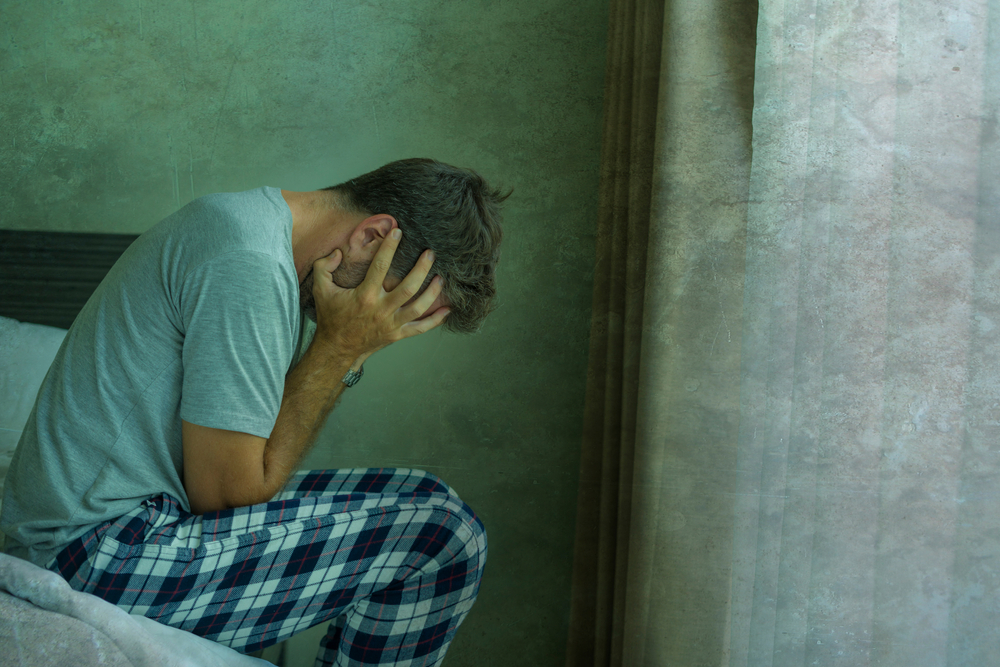Anxiety is a natural response to stress, but when it becomes overwhelming or constant, it can disrupt daily life. Millions of people in India and around the world experience anxiety that affects their mental, emotional, and physical well-being. Knowing how to cope with anxiety is essential for maintaining balance, focus, and inner peace. While professional help is often necessary, there are also everyday techniques that can significantly reduce anxiety and bring more calm into your life.
Understanding Anxiety
Anxiety is a feeling of fear or worry about what’s to come. While occasional anxiety is part of life, chronic anxiety can feel persistent, intense, and out of control. Common symptoms include a racing heart, restlessness, irritability, fatigue, trouble sleeping, and difficulty concentrating. In many cases, anxiety is triggered by specific stressors like work pressure, health concerns, financial instability, or personal relationships. However, sometimes anxiety can arise without any clear cause, leading to confusion and helplessness. Recognizing these signs is the first step toward learning how to cope with anxiety in healthy and effective ways.
Simple Daily Practices to Manage Anxiety
You don’t have to completely eliminate anxiety to live a fulfilling life. Instead, managing it through consistent habits and coping strategies can help you regain control. Here are some practical methods you can use:
1. Deep Breathing and Grounding Techniques
One of the quickest ways to calm an anxious mind is through conscious breathing. Try inhaling slowly through your nose for four seconds, holding for four seconds, and exhaling through your mouth for four seconds. Repeat this for a few minutes to regulate your nervous system. Grounding techniques like the “5-4-3-2-1” method—identifying five things you can see, four you can touch, three you can hear, two you can smell, and one you can taste—help bring your focus back to the present moment.
2. Create a Consistent Routine
Having a structured daily routine provides stability, which is essential when trying to cope with anxiety. Start your day with a healthy morning habit like light stretching, meditation, or journaling. Make sure to include time for work, self-care, social interactions, and relaxation. Avoid irregular sleep patterns or chaotic schedules, which can increase stress and make symptoms worse.
3. Exercise and Movement
Physical activity is a proven way to manage anxiety. Regular exercise releases endorphins, the brain’s natural mood lifters. Activities like walking, yoga, or dancing not only reduce tension but also improve sleep and concentration. You don’t need an intense workout—just 20–30 minutes of light to moderate movement daily can have a significant impact.
4. Limit Caffeine, Sugar, and Alcohol
Your diet plays a role in mental health. Caffeine, sugar, and alcohol can worsen anxiety symptoms and cause mood swings. Try replacing coffee with herbal tea and opt for whole foods over processed snacks. Staying hydrated and maintaining balanced nutrition helps stabilize your energy and emotional state throughout the day.
5. Practice Mindfulness and Meditation
Mindfulness is the art of being present without judgment. Regular meditation helps you observe your thoughts rather than be overwhelmed by them. Apps like Mindhouse offer guided meditations designed to help with anxiety. Just five to ten minutes of mindfulness practice each day can help you stay grounded and centered.
6. Connect with Others
Isolation can make anxiety worse. Reach out to friends, family, or support groups to share your feelings. Talking to someone you trust can lighten emotional burdens and offer fresh perspectives. There are also Indian mental health communities like Manas Foundation that provide both professional support and group therapy.

7. Seek Professional Help When Needed
If anxiety begins to interfere with your ability to function, don’t hesitate to seek professional help. Therapists can guide you through personalized techniques, such as Cognitive Behavioral Therapy (CBT), which is highly effective for managing anxiety. If you’re unsure where to start, contact us for help finding the right therapist or counselor for your needs.
Final Thoughts
Learning how to cope with anxiety takes time, patience, and persistence. While anxiety may not disappear overnight, consistent self-care practices can greatly reduce its intensity and frequency. Whether through deep breathing, a steady routine, or meaningful connection, these small steps build a foundation for lasting emotional resilience. Remember, it’s okay to ask for help. You are not alone, and with the right tools and support, peace of mind is absolutely possible.
Learn more about mental health through our related content, designed to support your journey toward understanding and healing.
Understanding the Different Types of Mental Disorders
Recognizing the Symptoms of Mental Illness: A Guide to Early Awareness

